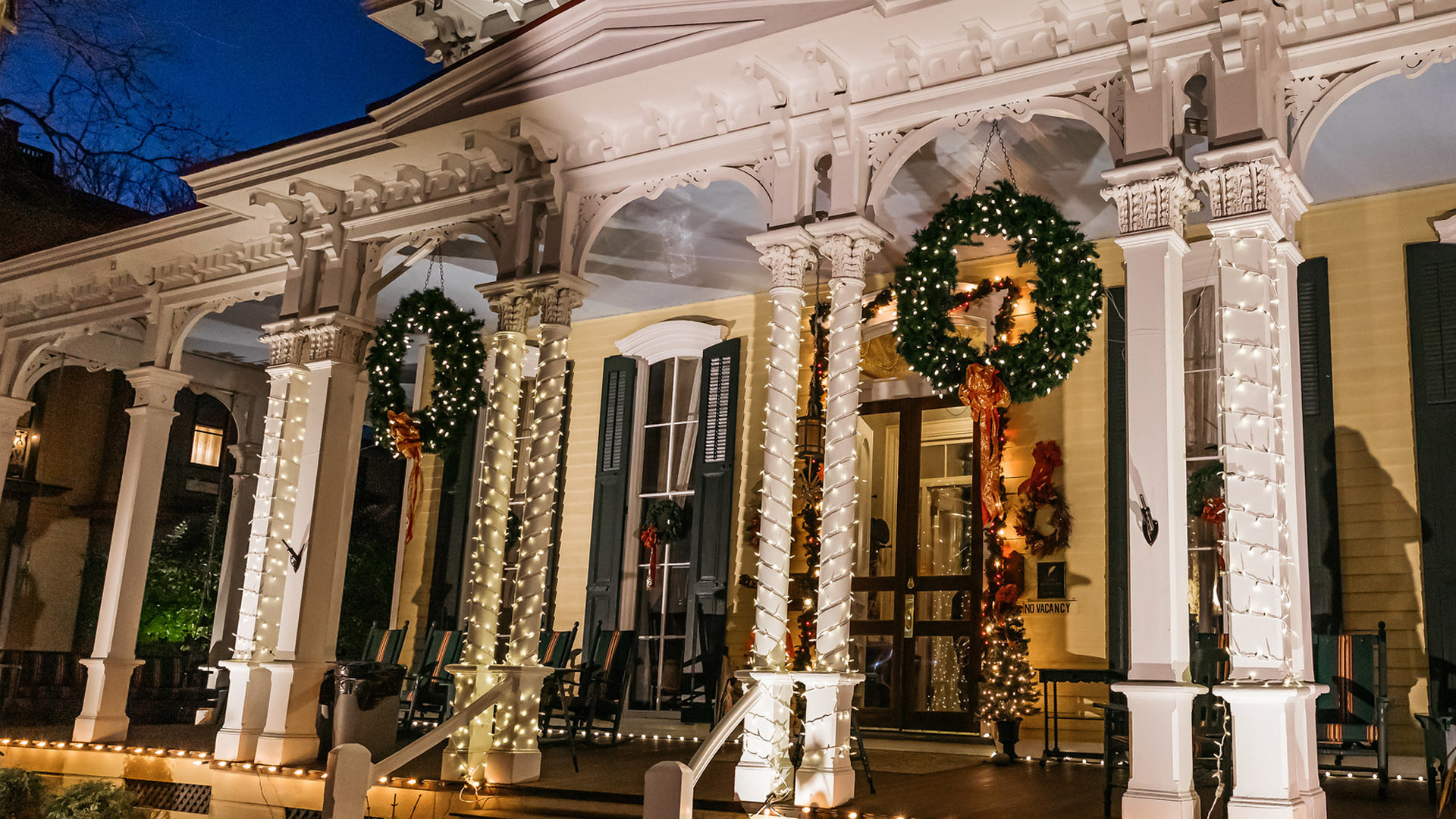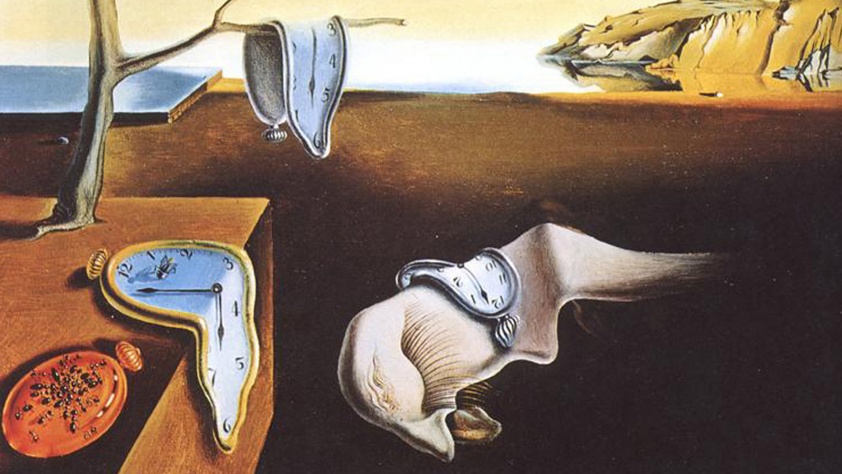[Originally published in the Star & Wave newspaper on November 24, 2022.]
By Roy Steinberg, Producing Artistic Director
If the clean, bracing air bites at your cheeks and the smell of a wood-burning fire and the clomping of horseshoes on cobblestone streets echo in that air, you are very possibly in Cape May at Christmas time. If the taste of hot-spiced apple cider and mulled wine is paired with twinkling lights, wreaths and giant nutcrackers, you are likely at Congress Hall in Cape May. What looks like a Victorian street on a movie lot is real – most of these buildings were built circa 1870s. It isn’t just an outside facade you might find at a Sony, Disney or Universal lot.
The holidays in Cape May are a time of magic, hope and empathy. Individuals and businesses look to their better angels and offer help to the less fortunate. Yet this generosity is a rather recent phenomenon. In 1659, the Massachusetts Bay Colony enacted a law called “Penalty for Keeping Christmas.” The notion was that such “festivals as were superstitiously kept in other countries” were a “great dishonor of God and offense of others.” Anyone found celebrating Christmas by failing to work, “feasting or any other way…shall pay for every such offense five shillings”. Talk about a grinch!
So how did we get from there to here? Many historians mark the change with the 1843 publication of Charles Dickens’s novella, “A Christmas Carol,” that reminded readers that a joyful Christmas morning doesn’t require money or wealth, only heart, love and family.
When Charles Dickens passed away in 1870, a young girl in London asked a question that demonstrated how strongly Dickens’s writings were associated with more festive celebrations. “Mr. Dickens dead?” she queried. “Then will Father Christmas die too?”.
The holiday spirit is ever-present in Cape May with candlelight tours offered by Cape May MAC (Museums+Arts+Culture), Christmas concerts and theatrical productions, and special feasts offered by many of our restaurants. This holiday season, Mr. Dickens is represented at Cape May Stage in an adaptation of his iconic story called “One Christmas Carol,” in which one professional actor plays all of the characters.
The “Season of Giving” is the recognition of poverty in the midst of plenty. Our Judeo-Christian tradition teaches us to be mindful of the needs of schools, hospitals, social service agencies and individuals. Jews have an obligation to perform tzedakah (at the highest level), which enables the recipient to become self-reliant. Buddhism and Hinduism have a required action called Dana that is giving selflessly without anticipating a return or benefit. Islam teaches zakat , the third pillar of that religion, that requires compulsory giving for those Muslims whose incomes are at a certain level.
Closer to home, Cape May County has an abundance of generous groups doing important work to help those in our community who are less fortunate. One example, right in the heart of downtown, is the Cape May Community Food Closet, which provides food to local families year-round and offers ongoing support throughout the holidays.
This holiday season offers us the opportunity to help our community and make the world a better place. Cape May Stage hopes to inspire to that holiday spirit with its upcoming production of Dickens’ iconic story, “One Christmas Carol,” which celebrates family and the spirit of giving, or as Tiny Tim would put it, “God bless us, everyone.”



